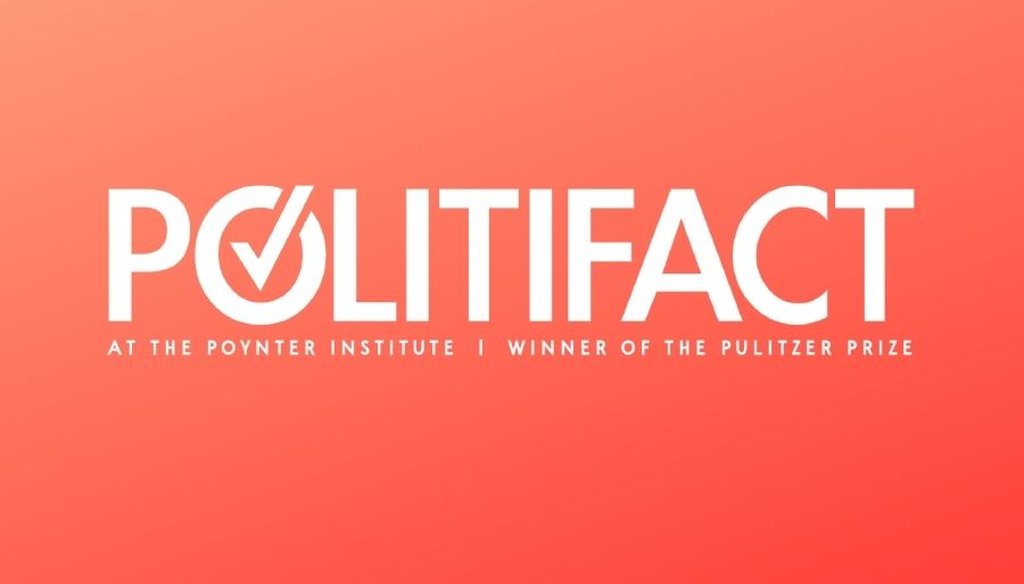Stand up for the facts!
Our only agenda is to publish the truth so you can be an informed participant in democracy.
We need your help.
I would like to contribute

Cass Sunstein, the nominee for regulatory czar, once suggested a 24-hour waiting period for sending nasty e-mails, but it appeared to be a tongue-in-cheek proposal.
Senate confirmation hearings don't often qualify as must-see TV, but we think there's one coming up that might be worth checking out.
On May 12, the Senate Committee on Homeland Security and Governmental Affairs will be considering the nomination of Cass Sunstein to head the White House Office of Information and Regulatory Affairs, a position better known as the administration's regulatory czar.
The office oversees an important aspect of the White House's political muscle — the policies for federal regulations and government information, electronic records and federal statistics.
There's also been speculation that Sunstein is a possible nominee to succeed retiring Justice David Souter on the U.S. Supreme Court (though most pundits seem to think he ultimately won't be picked).
University of Chicago law professor Geoffrey Stone told the Chicago Tribune that Sunstein would be "an extraordinary appointment" but that he might have a hard time being confirmed because of his extensive writings on topics such as animal rights, same-sex marriage and gun control.
"It's not that he has said things that are wacky, but they could be problems on the blogosphere, where things can be taken out of context," Stone said.
There's a lot to go over. Sunstein, a professor at Harvard Law School, has been a prolific writer. According to his curriculum vitae, he has authored more than 30 books and over 300 articles. A short bio provided by the White House says "Sunstein is the most cited law professor on any faculty in the United States."
That makes for a lot of fodder for critics. And they have seized on a handful of quotes and positions they contend show Sunstein as an animal rights radical and a threat to First Amendment rights on the Internet.
They even launched StopSunstein.com, sponsored by the American Conservative Union.
For one particularly colorful attack, we turn your attention to a speech from the National Rifle Association's fiery Wayne LaPierre at the annual meeting of the Conservative Political Action Conference (CPAC) conference on Feb. 27, 2009.
LaPierre opened with a zinger: "Sunstein is a radical animal rights extremist who makes PETA (People for the Ethical Treatment of Animals) look like cheerleaders with pooper-scoopers."
How extreme? LaPierre said Sunstein wants to ban hunting. And to back up the claim, LaPierre played a video snippet of Sunstein saying just that during a speech at Harvard in 2007. In it, Sunstein says, "We ought to ban hunting, I suggest, if there isn't a purpose other than sport and fun. That should be against the law. It's time now."
LaPierre also claims Sunstein is "a man who wants to give legal standing to animals so they can sue you for eating meat."
The quote comes from Sunstein's 2004 book Animal Rights: Current Debates and New Directions . In Chapter 11, which is titled, "Can Animals Sue?" Sunstein argues that there are already plenty of animal cruelty laws on the books that just aren't enforced. He suggests that animals ought to be able to bring suit, with private citizens acting as their representatives, to ensure that animals are not treated in a way that violates current law.
That Sunstein is an animal rights activist is undisputed. For a CNN interview in the late 1990s, he insisted on being joined on-air by his dog, a Rhodesian Ridgeback named Perry. But we concluded that LaPierre was exaggerating and ruled his statement Half True . Sunstein wasn't saying you — the meat eater — could be sued by Porky Pig for eating bacon. But he was saying that if the pig that winds up on your breakfast plate was raised or killed in a way that violates existing animal cruelty laws, then someone ought to be able to sue the processor on the pig's behalf.
We also looked at some claims in a chain e-mail that originates from an article on the conservative news Web site World Net Daily. The article begins: "WASHINGTON – Barack Obama's nominee for 'regulatory czar' has advocated a 'Fairness Doctrine' for the Internet that would require opposing opinions be linked and also has suggested angry e-mails should be prevented from being sent by technology that would require a 24-hour cooling off period."
The article is based largely on a new book, Shut Up, America! The End of Free Speech , by Brad O'Leary. The article quotes O'Leary as saying, "It's hard to imagine President Obama nominating a more dangerous candidate for regulatory czar than Cass Sunstein. Not only is Sunstein an animal-rights radical, but he also seems to have a serious problem with our First Amendment rights. Sunstein has advocated everything from regulating the content of personal e-mail communications, to forcing nonprofit groups to publish information on their Web sites that is counter to their beliefs and mission. Of course, none of this should be surprising from a man who has said that 'limitless individual choices, with respect to communications, is not necessarily in the interest of citizenship and self-government.' If it were up to Obama and Sunstein, everything we read online – right down to our personal e-mail communications – would have to be inspected and approved by the federal government."
We checked Sunstein's 2002 book, Republic.com . In it, he discusses the drawbacks of limitless choices on the Internet that allow people to seek out only like-minded people and opinions that merely fortify their own views, creating an echo chamber that Sunstein argues is bad for democracy. In the book, Sunstein talks about the idea of the government requiring sites to link to opposing views.
In a later edition of the book released in 2007, Republic.com 2.0 , Sunstein tempers that position, advocating instead for the creation of public spaces on the Internet where people with differing viewpoints could share their ideas with one another. In a 2008 interview on bloggingheads.TV, Sunstein said he only tentatively offered the idea of government mandates that would require people to link to opposing views, but that he came to realize it was a "bad idea" he should never have proposed.
While the World Net Daily story notes that Sunstein "rethought" the proposal as "too difficult to regulate" and "almost certainly unconstitutional," that caveat is made later in the article and is overshadowed by the headline that says "U.S. regulatory czar nominee wants Net 'Fairness Doctrine.'" The headline suggests Sunstein still advocates that position, and he clearly does not anymore. So we ruled that one Half True as well.
As for the 24-hour cooling off period on e-mails, that comes from a book Sunstein co-authored with Richard Thaler called Nudge .
By our reading, it's not clear whether this is a serious proposal or one meant to be provocative and tongue-in-cheek. An assistant in Sunstein's office said he's not giving interviews pending the confirmation hearings, so we can't say for sure, but here's what they wrote:
"The modern world suffers from insufficient civility. Every hour of every day, people send angry e-mails they soon regret, cursing people they barely know (or even worse, their friends and loved ones). A few of us have learned a simple rule: don't send an angry e-mail in the heat of the moment. File it, and wait a day before you send it. (In fact, the next day you may have calmed down so much that you forget even to look at it. So much the better.) But many people either haven't learned the rule or don’t always follow it. Technology could easily help. In fact, we have no doubt that technologically savvy types could design a helpful program by next month.
"We propose a Civility Check that can accurately tell whether the e-mail you're about to send is angry and caution you, 'WARNING: THIS APPEARS TO BE AN UNCIVIL EMAIL. DO YOU REALLY ANF TRULY WANT TO SEND IT? (Software already exists to detect foul language. What we are proposing is more subtle, because it is easy to send a really awful email message that does not contain any four-letter words.) A stronger version, which people could choose or which might be the default, would say, 'WARNING: THIS APPEARS TO BE AN UNCIVIL EMAIL. THIS WILL NOT BE SENT UNLESS YOU ASK TO RESEND IN TWENTY-FOUR HOURS. With the stronger version, you might be able to bypass the delay with some work (by inputting, say, your Social Security number and your grandfather’s birth date, or maybe by solving some irritating math problem!)." *
* "While we are waiting for this program to be invented, we have adopted a self-control device of our own as a substitute. When one of us gets really angry, he drafts the angry email, and sends it to the other to edit. Of course, this won't work if we get angry with each other, so we are hoping the program gets invented soon."
The proposal sounds tongue-in-cheek to us, but it's too squishy to put on the Truth-O-Meter. We'll let you decide whether it was entirely serious. As we said, Sunstein has committed a lot of words to print, and these all become fair game in a confirmation hearing.
Our Sources
See individual items.














































